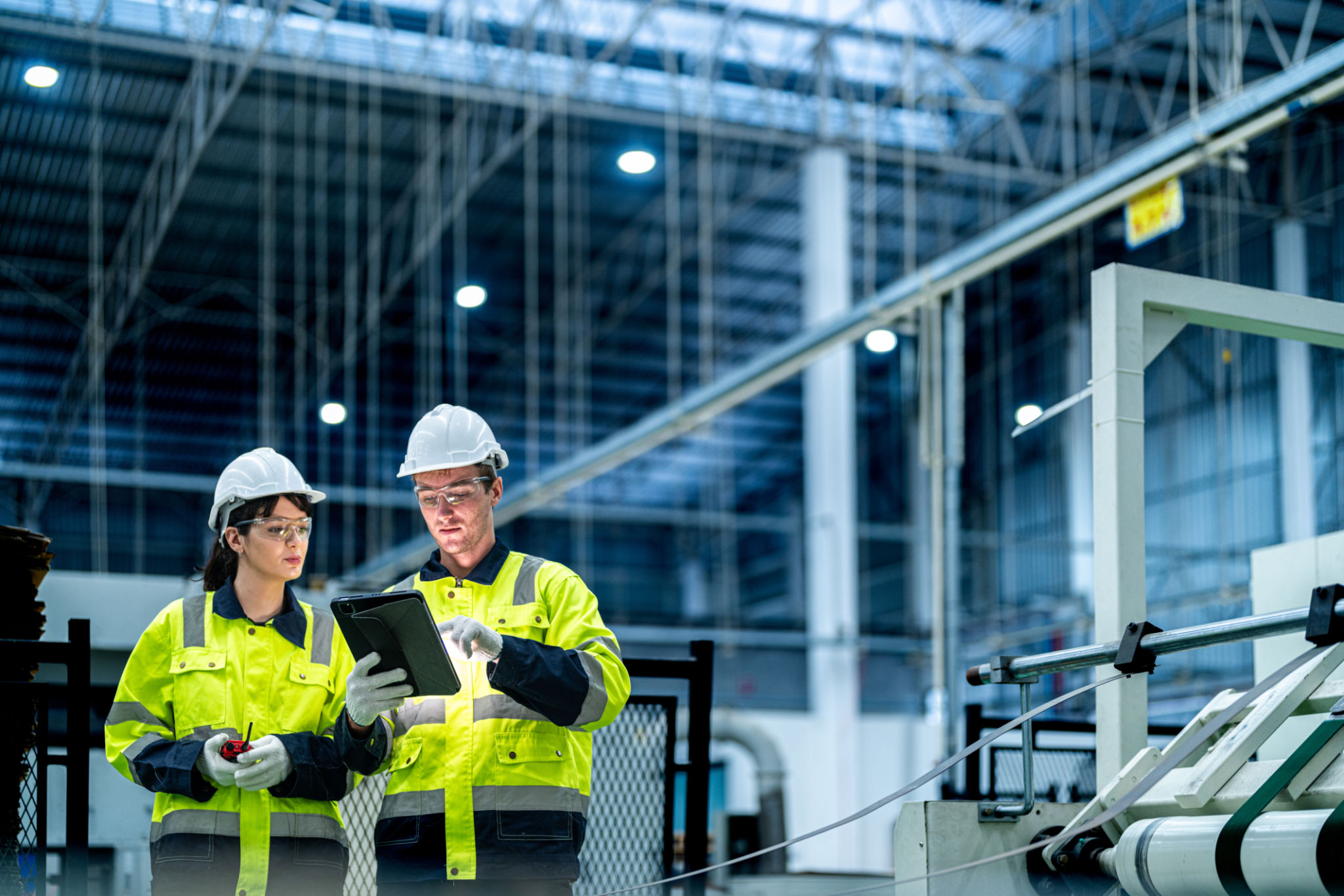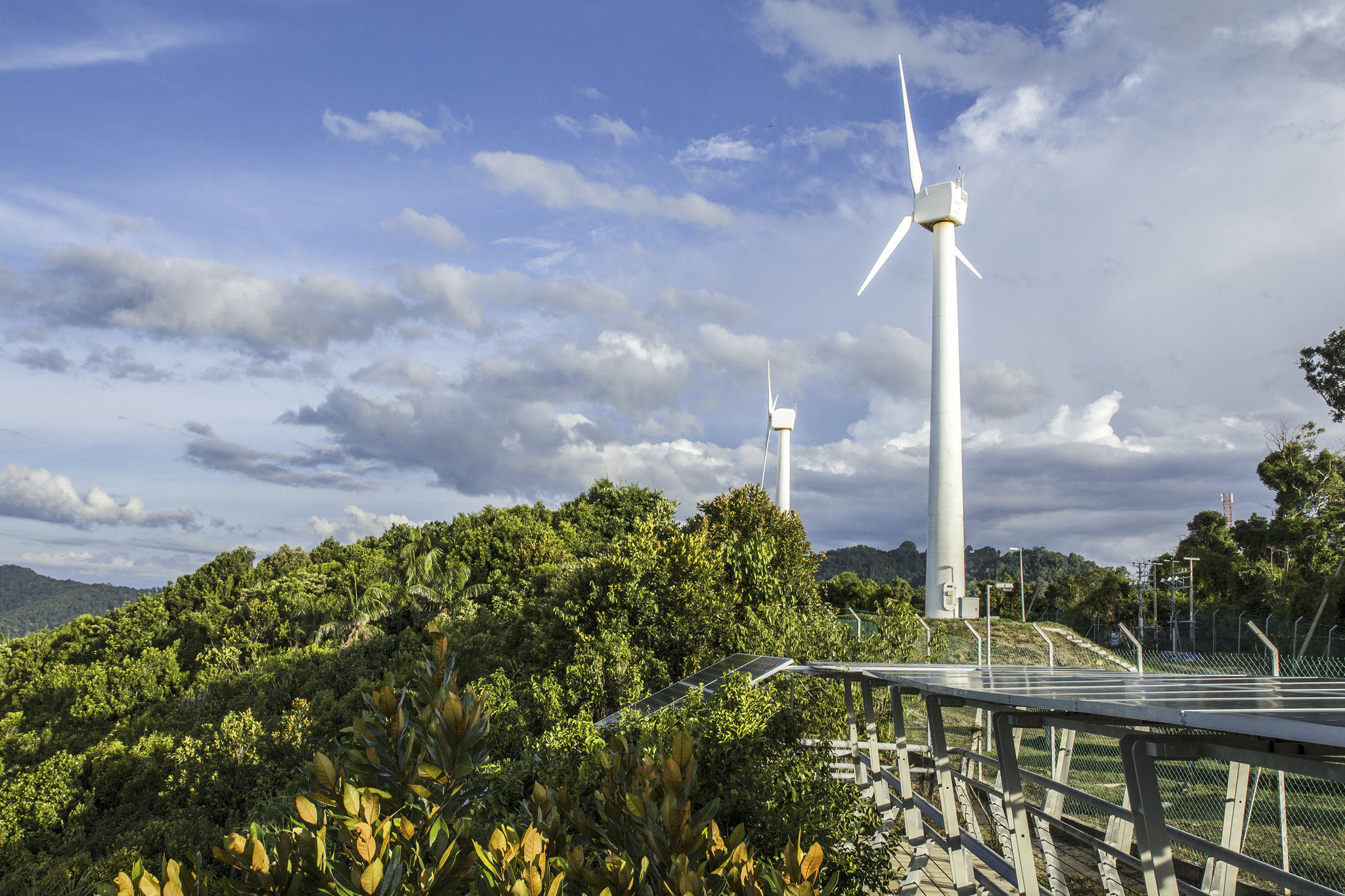Preparing for Malaysia's Future: The Impact of Engineering Innovations on Society
Introduction to Engineering Innovations in Malaysia
As Malaysia strides towards becoming a developed nation, engineering innovations play a pivotal role in shaping its future. From smart cities to sustainable energy solutions, engineering is at the heart of Malaysia's transformation. These innovations not only enhance the quality of life for Malaysians but also position the country as a leader in technological advancement within the Southeast Asian region.

The Role of Smart Cities
Smart cities are a prime example of how engineering innovations impact society. By integrating information and communication technology, these urban areas improve efficiency, reduce energy consumption, and enhance citizen engagement. In Malaysia, cities like Kuala Lumpur and Johor Bahru are leading this transformation, implementing smart traffic systems and intelligent public services that significantly improve daily life.
These advancements result in better traffic management, reduced pollution, and increased safety. Moreover, the data collected through smart city technologies can be used to make informed decisions, leading to more effective urban planning and resource allocation.
Challenges and Opportunities
While the benefits of smart cities are extensive, there are challenges that need to be addressed. These include data privacy concerns, the need for substantial investment, and ensuring equitable access to technology. However, these challenges also present opportunities for innovation, especially in developing localized solutions that cater to the unique needs of Malaysian cities.

Sustainable Energy Solutions
Another significant area where engineering innovations are making an impact is sustainable energy. Malaysia is investing in renewable energy sources such as solar, wind, and hydroelectric power to reduce reliance on fossil fuels. These efforts are crucial for reducing carbon emissions and fostering a cleaner environment.
The implementation of smart grids and energy-efficient technologies enables more reliable and efficient energy distribution. This shift not only helps in mitigating climate change but also offers economic benefits by creating jobs in the renewable energy sector.
The Future of Energy in Malaysia
Looking ahead, Malaysia aims to further increase its renewable energy capacity. Initiatives such as the Green Technology Master Plan highlight the country's commitment to sustainable development. By 2030, Malaysia aspires to achieve 20% of its electricity generation from renewable sources.

Innovations in Transportation
Engineering innovations are also transforming transportation in Malaysia. The development of efficient public transit systems like the MRT and LRT has improved connectivity in major cities. Additionally, the push towards electric vehicles (EVs) reflects a growing emphasis on sustainability in transportation.
The adoption of EVs is supported by government incentives and the expansion of charging infrastructure. This transition not only reduces greenhouse gas emissions but also decreases dependency on imported oil, enhancing energy security.
Empowering a Skilled Workforce
For Malaysia to fully harness the potential of these engineering innovations, developing a skilled workforce is crucial. Educational institutions are partnering with industry leaders to equip students with the necessary skills in fields like robotics, artificial intelligence, and renewable energy systems.
By fostering a culture of innovation and continuous learning, Malaysia can ensure that its workforce remains competitive in the global market. This approach not only supports economic growth but also encourages the development of homegrown technologies that can be exported worldwide.

Conclusion
Engineering innovations are undeniably shaping Malaysia's future, offering solutions to some of the most pressing challenges faced by society today. From creating smarter cities to advancing sustainable energy and transportation systems, these innovations pave the way for a prosperous and sustainable future.
As Malaysia continues on this path of technological advancement, collaboration between government, industry, and academia will be essential. By working together, these stakeholders can ensure that engineering innovations benefit all Malaysians, driving progress and improving quality of life across the nation.
